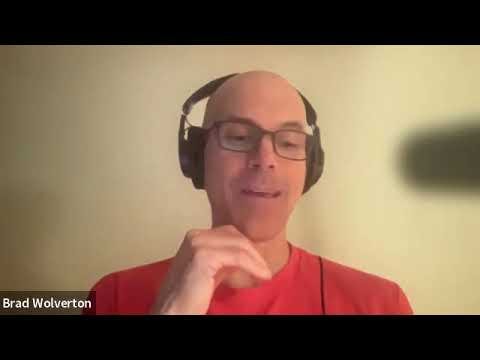The alternate universe where Gawker Media is still thriving
PLUS: How to build a thriving online community
Welcome! I'm Simon Owens and this is my media industry newsletter. If you've received it, then you either subscribed or someone forwarded it to you.
If you fit into the latter camp and want to subscribe, then you can click on this handy little button:
Let’s jump into it…
My latest: The products that Jeremy Caplan, founder of the Wonder Tools newsletter, can’t do without
Jeremy Caplan is a veteran journalist who’s written for a number of publications including both Newsweek and Time. In 2008, he joined CUNY’s Newmark Graduate School of Journalism, and today he leads its Entrepreneurial Journalism Creators Program. Since the beginning of the pandemic, more than 100 independent journalists from 37 countries have joined the 100-day program to build new niche journalism ventures.
In 2020, Jeremy launched Wonder Tools, a weekly free newsletter where he writes about the most useful sites and apps, picking one category or a notable new tool each week. It’s grown to over 23,000 subscribers and generated a million visits in the last year.
Jeremy walked us through the products that are absolutely essential to his business. You can find his interview over here.
BTW, I’m still looking for creators and media entrepreneurs to feature in this series. Go here if you’re interested.
Quick hits
G/O Media just does not seem to be a good steward of the properties it acquires. Not only is it bad at talent management, but it optimizes for all the wrong metrics. [Adweek]
"TikTok says the rewards formula for the Creativity Program Beta has been formulated to offer a higher average gross revenue for qualified video views, but did not provide any specifics about payments." [TechCrunch] It's well past time for Tiktok to ditch its "creator fund" and design a true revenue sharing program — something akin to what YouTube Shorts is doing. These half measures will no longer cut it.
I think in the alternate universe where the Hulk Hogan lawsuit never happened, Gawker Media is still thriving. Nick Denton was always one or two steps ahead of the curve, and he never took on VC money, which meant he never got out over his skis. [NYT]
“When you clicked on the traffic to some of [BuzzFeed’s] politics articles, it was really low. But Ben wanted to impress people on media Twitter and people in politics. He was overinvesting in areas that just weren’t necessarily resonating with our audience.” [New Yorker] I think this is true for a lot of national media outlets, including CNN. They over index on politics when there’s a lot of consumer demand for other topics.
Raise your hand if you completely forgot Facebook Watch had original programming. [Tubefilter]
The downsides to media partnerships
Earlier this week I published a piece about why more and more media entrepreneurs are teaming up to launch new outlets and products. Because the economics of digital media can be so tough, many creators have found it preferable to combine audiences and skillsets rather than go it alone.
But finding a partner you can actually trust is difficult. Media entrepreneur Krystal Knapp chimed in with her own tale of a partnership gone wrong:
From recent experience I think recruiting partners or co-founders can work, but you need to have very clear expectations and roles set for each person in the partnership. I recruited a co-founder for a new investigative news startup I’m working on and realized I was spending more time managing the relationship with my co-founder, who wanted to micromanage every aspect of the venture, than making progress. I ended the relationship. Maybe more clearly defined roles would have made this situation avoidable or maybe not.
How to build a thriving online community
Over a period of a few years, hundreds of publishers shut down their article comments sections, but many are now waking up to the idea that they should have a more direct relationship with their audiences. Some have launched online communities — both free and paid — on platforms like Facebook Groups, Slack, and Discord.
I conducted a Zoom call with media operators about how to attract, nurture, and monetize those communities. One of the featured guests on that call was Brad Wolverton, senior director of content at Hubspot.
Brad helped build Trends, Hubspot’s thriving Facebook group that charges $300 a year for entry. He talked about how his team built that community up to 13,000 paying subscribers.
Watch our discussion in the video embedded below:


